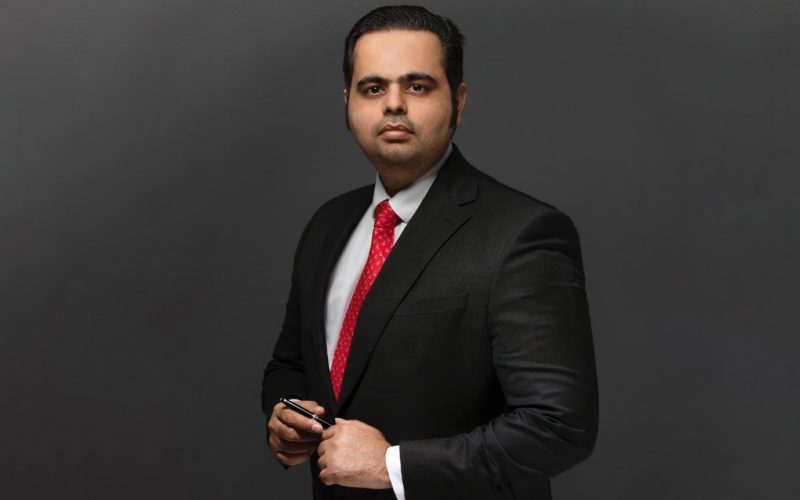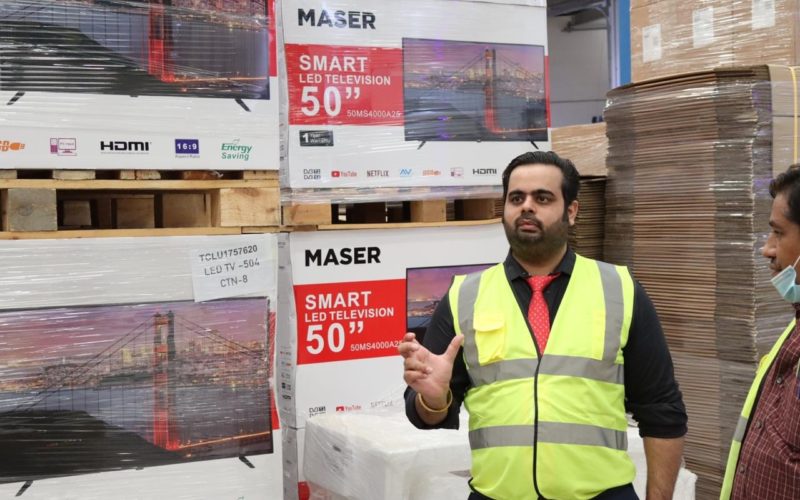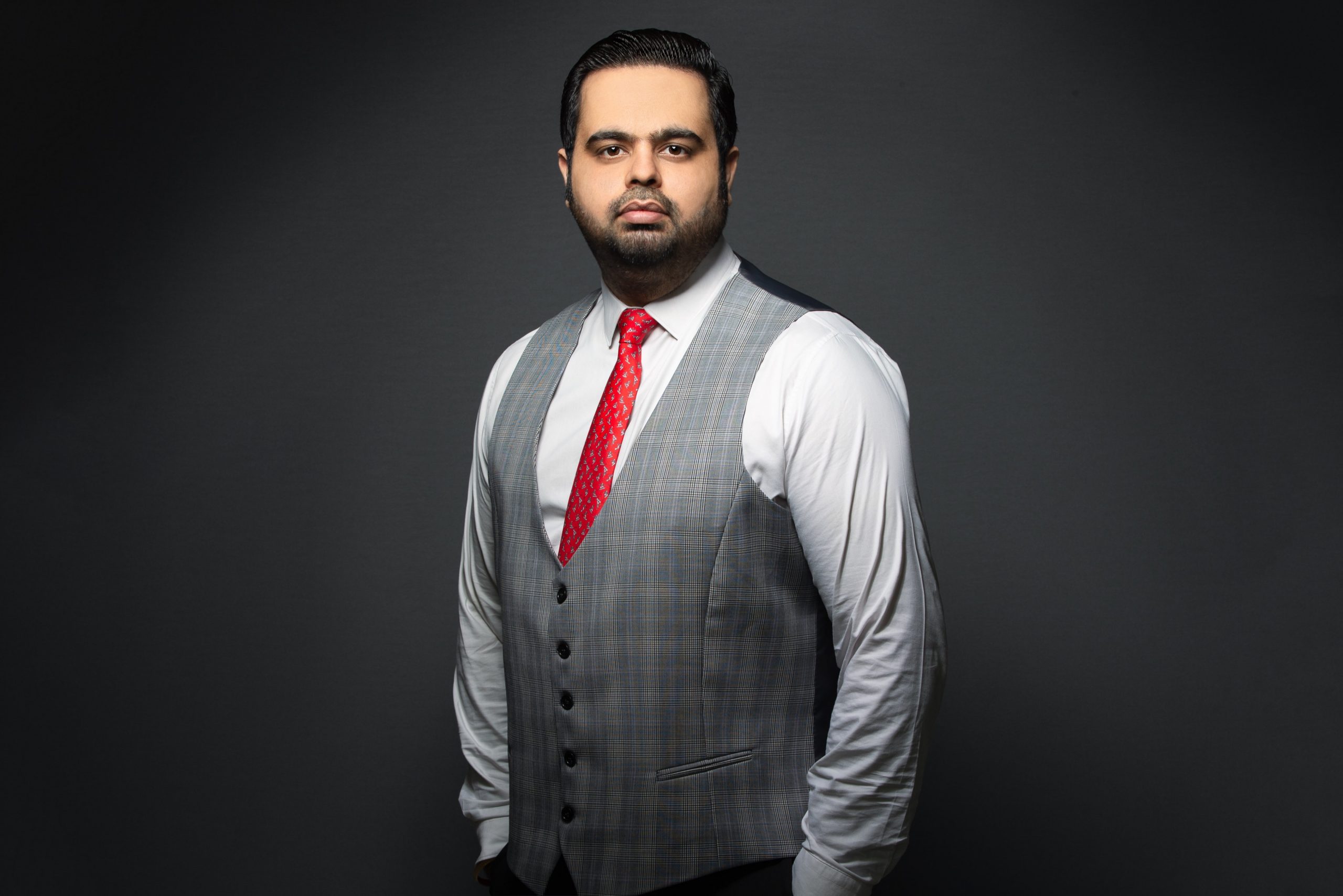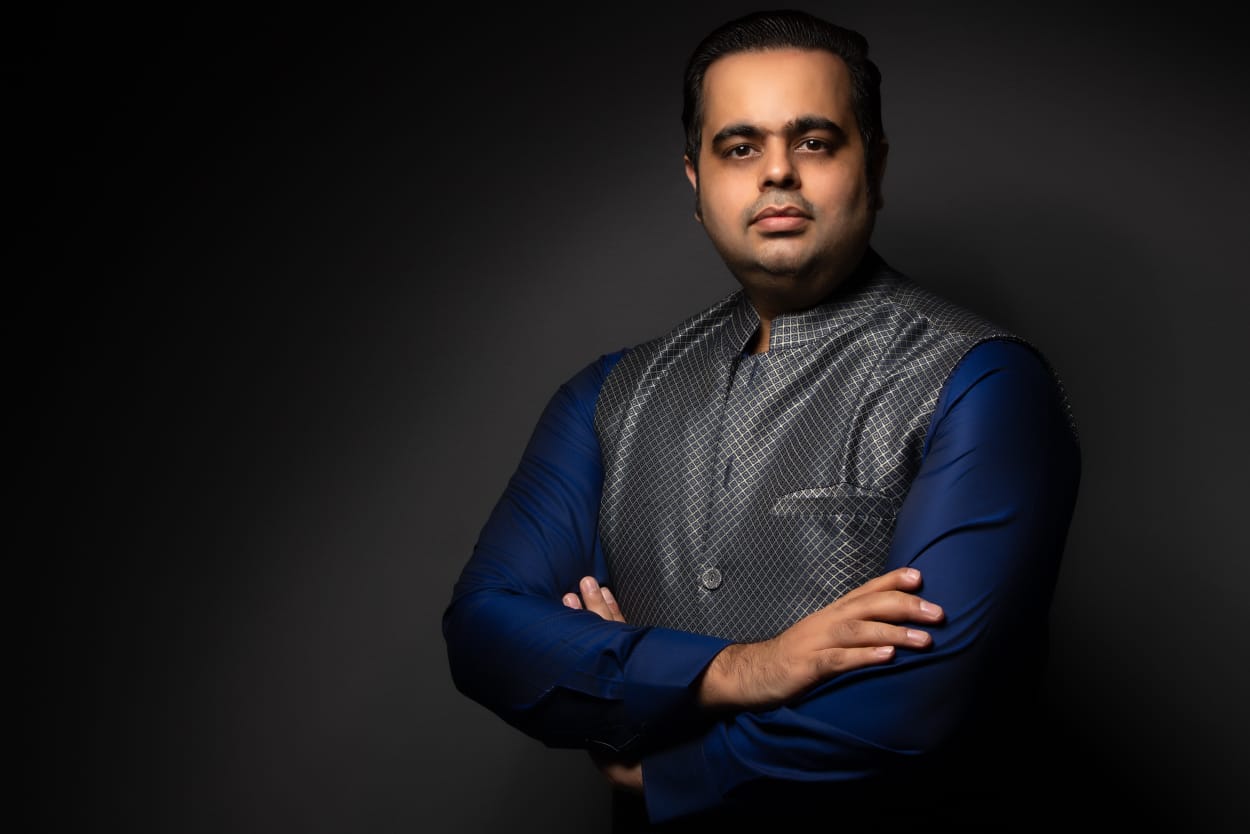Dubai-based entrepreneur Prateek Suri brings affordable TVs to Kenya

The home entertainment industry in the country is set to receive a major boost after an Indian entrepreneur recently launched a line of television sets affordable to most households.
Dubai made Maser TV series are set to bring families together through quality pictures and affordable entertainment.
Founded in 2014 by engineer Prateek Suri, Maser has since evolved to be a top TV maker, having made over 200,000 sales.
Born of an entrepreneurial background in Delhi, India, Prateek’s resilience and will to do better and inspire societal change was moulded at a young age.

Hearing one on one stories about business and trading from his father, an erudite businessman, young Prateek knew that he wanted to venture into business in his hay days.
It’s with this motivation that Prateek moved to Dubai in 2006 to pursue further studies in mechanical engineering, shortly after completing junior studies from Modern School Barakhamba Road.
He received an Honorary degree in mechanical engineering from BITS Pilani (Dubai campus) in 2010.
As fortune favours the bold, Prateek boldly started his career in the trading sector, supplying goods across the MENA region.
This proved to be an invaluable experience as he had a rare chance to understand his clientele on a more personalized level.
It’s during his time as a trader in 2014 that Prateek noted a glaring consumer gap.

“Most TV manufacturers have priced their devices so high that they reach emerging markets at an exorbitant price, and that has got me thinking about why they believe that a TV should be status,’ he said.
Television sets, just like traditional radio sets, is a sure way of getting informed and being at par with current affairs globally.
Vibrant digital revolution campaigns are in the spirit of empowering consumers with timely, interesting and up to date content that can be accessed at their convenience.
However, for low and middle earning families, the analogue to digital swift was a curse in disguise.
To acquire a decent television set requires them to dig deeper into their dry pockets. As such, most homesteads would settle for acquiring essential needs to purchasing a TV.
It’s with this conviction that Prateek founded Maser in 2014.
Maser is tailored to not only manufacture televisions for the future but also ensure that those populations tied down by meagre budgets get to enjoy quality, modern and decent TVs.
The TV maverick build Maser to be a dynamic tech start-up that is driven by innovation and a deep passion to make high-quality products that are affordable and accessible to all.
Maser’s product portfolio features LED televisions, audio systems, washing machines and air-conditioning machines.
These products are priced at half the standard cost to factor families with monetary constraints.
Since its inception 6 years ago, Prateek has steered Maser to bank exceptional growth rates.
In 2019, the TV guru expanded his company to Dubai, UAE, to better meet customer demands in public and private entities splattered across UAE and Africa.
Prateek’s business acumen involved crossing over to meet the demands by the World’s poor in Middle Asia and Africa.
According to the tech mogul, overpricing Television sets by renown, companies bore a serial information gap in these regions.
“This is one of the reasons our focus has been on the African market since the year started. I strongly feel every human being has the right to information regardless of economic status, and that is part of the greater goal of making an even adoption of emerging realities that affect every aspect of our lives as we look into the future.” He says.
The middle-aged businessman is living his goal to boost access of information through affording viewers quality gadgets and free Tv content.
For instance, a 50-inch Maser Television handset is priced at half the conventional pricing to enable the financially struggling to access it.
For industry experts, the availability of TV sets in developing countries has never been an issue.
The affordability and durability of the devices has been a major challenge.
As such, Maser has been able to penetrate the African market successfully selling its products in Tanzania, Kenya and Malawi.
Among his first batch of quality, top-notch products were LED TVs, distributed in Tier 2 and 3 across cities of the Middle East and Africa.
Taking into account the steady boom of e-commerce, Prateek made a decision to harness the digital space for marketing and distribution purposes.
According to him, e-commerce sites like Jumia are rife with consumers who are price conscious making for sound business opportunities for his company.
E-commerce has presented countless opportunities to consumers seeking to get value for their money.
Prospective buyers are able to scrutinize prices and product specifications of various brands before making a purchase.
Moreover, Maser products are able to compete with other brands in the market hence exponential growth in sales.
Prateek successfully steered MASER’s successful expansion to the UAE in 2019 to better serve private and public sector entities in the Middle East and Africa from their warehousing hub in Dubai’s Jebel Ali Free Zone.
He moved 200,000 units to Jebel Ali Free Zone from Maser’s manufacturing facility based in Delhi, India.
Despite operating in a relatively challenging business environment, this initial consignment was picked for sales and distribution to Saudi Arabia, Tanzania, Kenya, South Africa, Gambia and Malawi by local UAE companies.
This humbling experience encouraged Prateek to seek expansion to Middle East and Africa with a keen interest in the Kenyan market.
“With strong sales and sustained growth, Maser is now poised to enter an ambitious phase of expansion into the East African market, Kenya is the most potential marketplace,” said the keen business mogul.
The now flamboyant manufacturer recently struck a deal with a UK- based private finance company in which Maser received funding to invest in a state of the art, 100% export facility.
This, he says, will boost Maser’s manufacturing capacity and meet the growing clientele base.
Though rosy on face value, Prateek admits that he has swayed through a string of challenges at the onset of his now booming business.
According to him, getting the right human resource fit for the various departments was not a walk in the park.
Skill, expertise and professionalism determine an organization’s growth curve.
For any start-up, delays in the recruitment stage can prove to be detrimental.
Prateek, however, managed to build a competent and well-trained a team who perfectly match their skills
Ends














